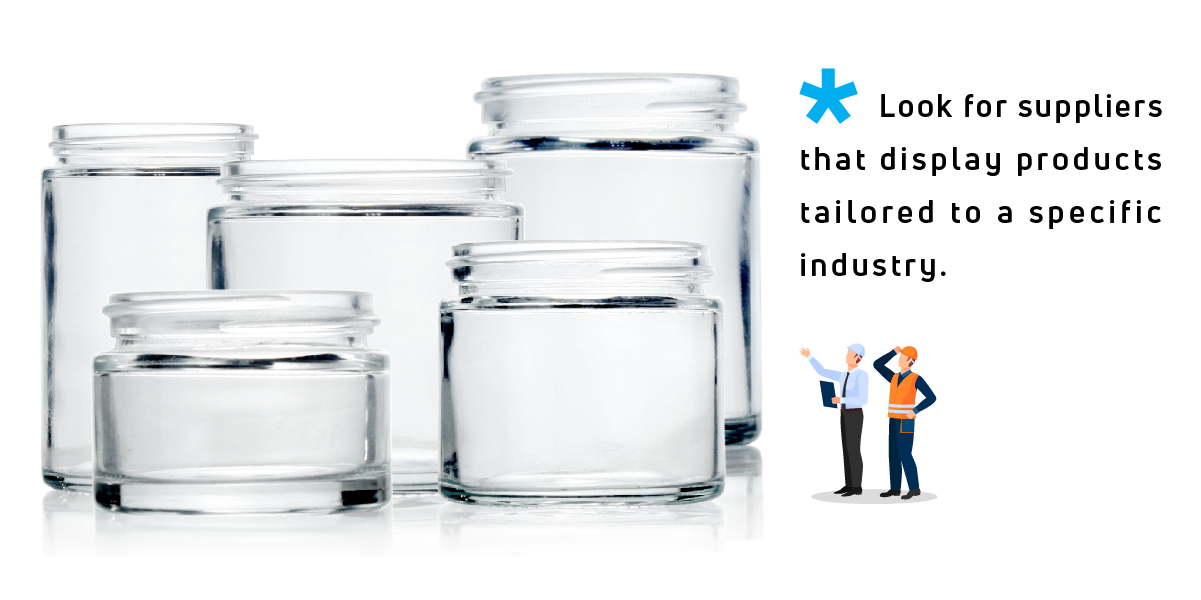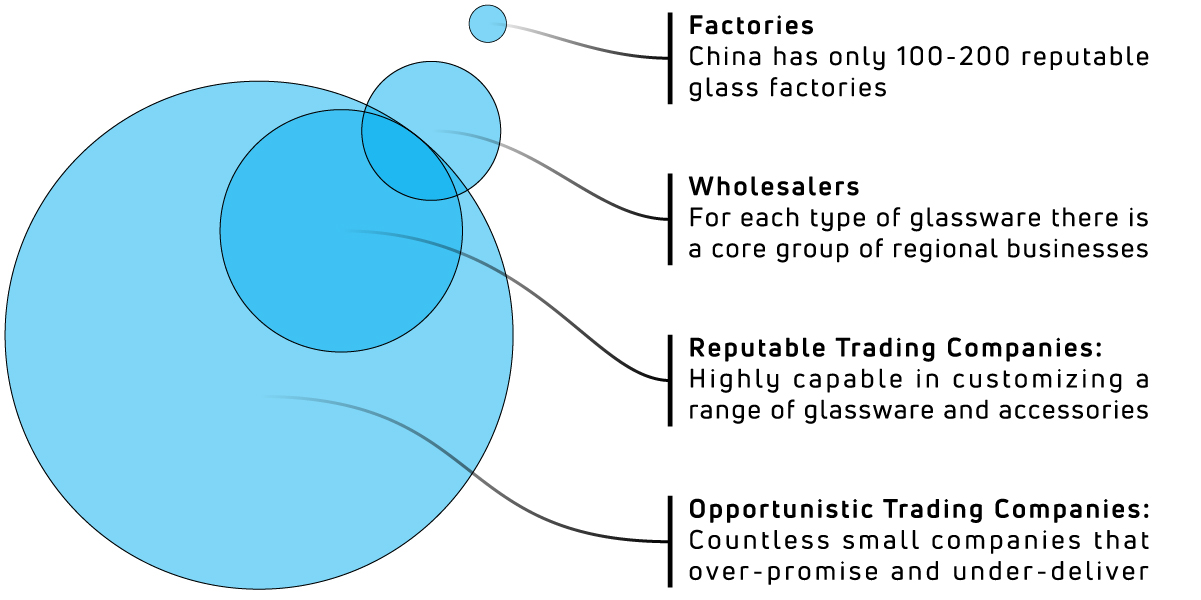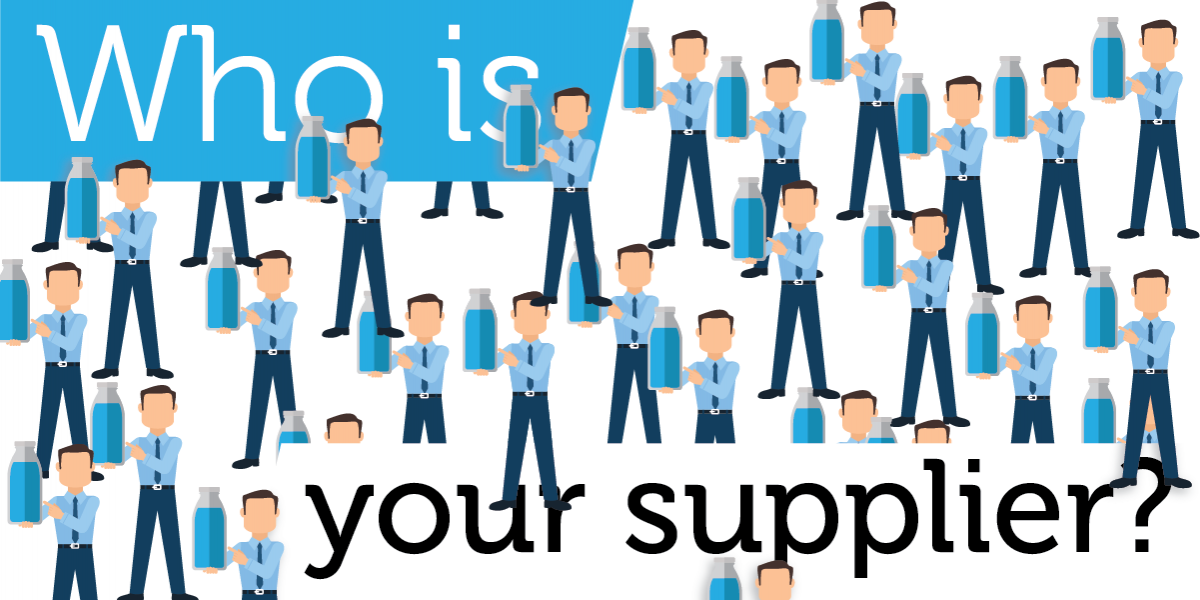Many think of China as the world’s factory, which it very well may be, however if you are sourcing products from overseas, you had better think of it as the world’s trading company. Although there is only one way to really find out what type of organization you are dealing with, (hop on a plane) simply knowing the basics of the landscape will do a great deal to give you peace of mind sourcing from China for your next project. First, we will assume that you are contacting potential suppliers on Alibaba, as very few will be available via Google search, second, we are going to break this into three groups: factory, wholesaler, trading company. We are here to crack the code and let you in on everything you need to know to get great products from China and avoid all the costly pitfalls.

FACTORIES: The source of production
If you are ordering fewer than 50,000 pieces, you probably aren’t talking to a factory.
This blog is no place to point fingers… but if you ask a seller on Alibaba if they are a factory and you get the answer ‘yes’, you are almost always being lied to. Yes, factories list products on Alibaba, but they don’t need to, and for every factory that is on Alibaba about 100 trading companies exist around them. Some customers want to deal directly with factories but that might not be the best bet if you are doing business remotely. In China, business is often done face to face and especially with factories, you want someone on site looking out for your best interests, this is something a reputable trading company does well. They are on the hook for your product, they have a relationship with the factory, and quite frankly, they have a lot more skin in the game in terms of your order than a behemoth cranking out millions of pieces of glass per week.

WHOLESALER: Low variation, high expertise
You can always spot a good wholesaler because they have a small product offering, not a big one.
Wholesalers generally specialize in one type of product, for example beer bottles, jam jars or vials. These companies make their profit by producing large quantities at a low unit cost and gradually selling out of their inventory. There is very little crossover between wholesalers and factories but very often trading companies and wholesalers may overlap. You may find some companies like this on Alibaba, and they are generally fine to do business with, below we will highlight how you can know whether the product you want is something the company actually has in stock.

TRADING COMPANIES: There are many very reputable trading companies, however there are more than a few bad apples spoiling the bunch.
Trading companies can be split here into two fairly distinct groups, caretakers and fisherman. Legitimate trading companies provide a very valuable service, making sure all the elements of your products meet specifications, cost projections and timelines. Their job is to navigate the labyrinth so you can focus on other areas of your business.
Fisherman are opportunists no doubt, for every inquiry they will have a quick solution, any product you can think of, they have in stock. Because these types of companies are out to make a quick buck, their modus operandi is all about making even the most complex projects a piece of cake. Once you make the down payment, they will most likely exchange glances in the office and wonder how in the world they can get done what you asked.
So how can you tell who you are dealing with? Here are a few key pointers to know:
1. Get Wechat: In China, Facebook, Instagram and Gmail are all rolled into one, virtually all communication takes place over these channels. Connecting here will give you a great chance to know what a potential supplier is all about.
2. Pick up the phone: Verbal communication can definitely be a big challenge in these types of situations but calling a company is not an English test. If a potential supplier is legit, even if their English is bad, they will be able to answer your questions. Also, it’s a good idea to ask specific questions: how many pieces to a pallet? How many in a box? How much does the bottle weigh?
3. Find a website: It’s very rare that you will find a good website from any supplier on Alibaba, however if a company has experience doing business in this area, certainly somewhere along the way they have invested in a website that is somewhat functional. If the potential supplier has no website, or more important an email from a standard Chinese provider like qq, 163or yahoo, you should probably walk away.
4. Quotation: When you get a quotation for a potential product you should have some specific information such as payment terms, lead time and most importantly packing information that tells you the volume and weight of the goods. If a potential supplier is so lazy that all they do is reply with a price via message, that is a good indication of what service will be like through the course of your project.




